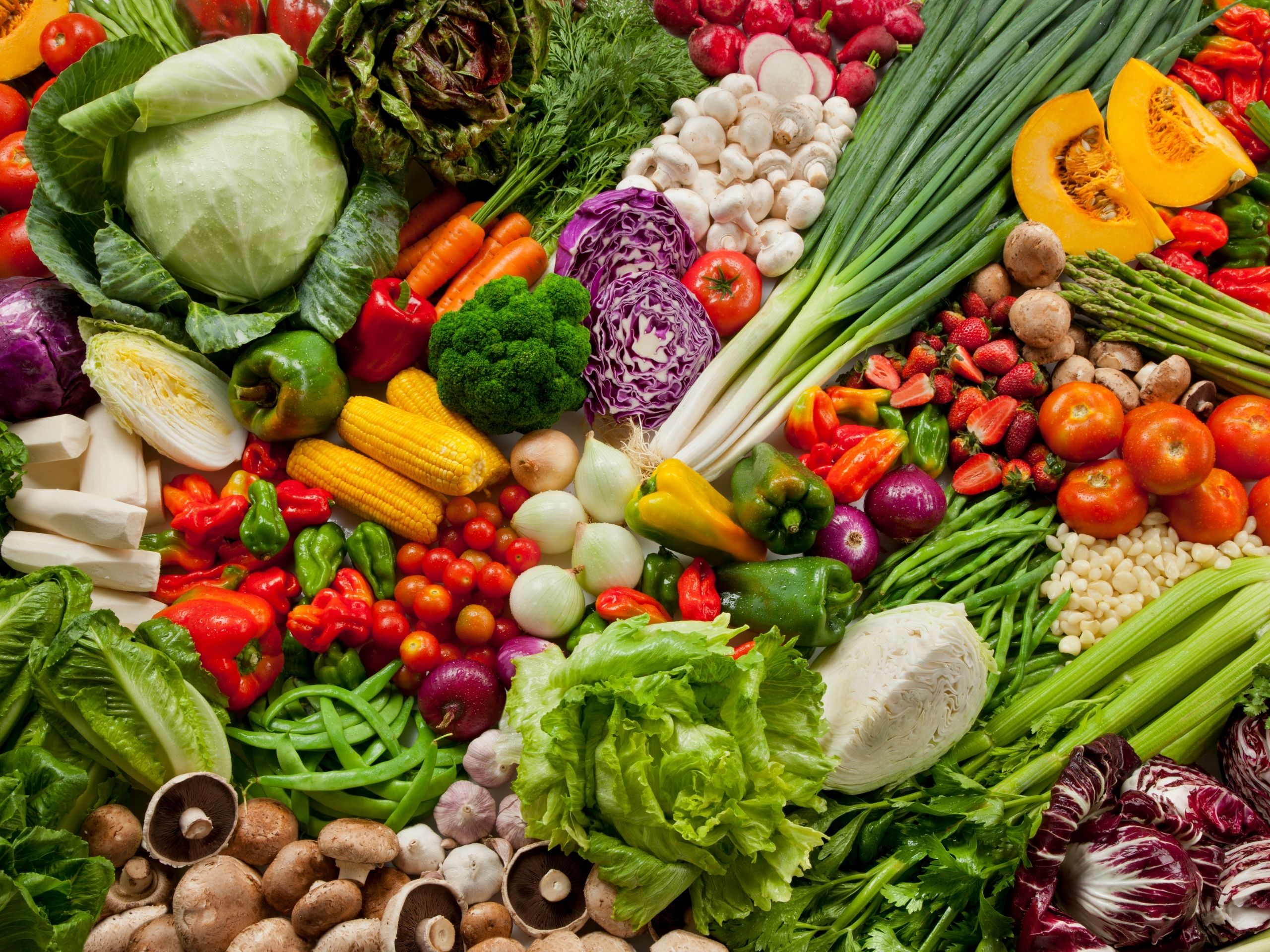Calorie density measures how many calories are in a pound of food and can be used to guide our food choices. It is the most straightforward approach to healthy eating and lifelong weight management for anyone, whether vegan or not.
Calorie density is the measurement of calories in a given food weight, most often expressed as calories per pound. Foods that are high in calorie density has many calories in a small weight of food. Whereas foods low in calorie density have much fewer calories in the exact same weight of food. Therefore, one can consume a more significant portion of a low-calorie dense food than a high-calorie dense food for the same calories.
The basic principles of this approach are outlined below. Keep in mind that these are guidelines expressing the principles and not exact recommendations. Book a one-on-one consultation today for a custom vegan diet and exercise plan!
PRINCIPLES OF CALORIE DENSITY
- Eat when hungry but before you are starving. Practice using the hunger scale, get in touch with your hunger cues.
- Don’t drink your calories. Chew your calories rather than drinking them. You will not fill you up as much with liquids as solid foods of equal calories.
- Visually fill half of your plate with high protein foods (think tofu, tempeh, seitan, lentils), whole grains, starchy vegetables, legumes and then fill the other half with vegetables or fruit.
- Plan a sequence for your meals. Start all of your meals with a soup, salad, or fruit.
- Remember that vegetables are the lowest in calorie density, while fat and oil are the highest. So, adding vegetables to any dish will always lower the overall calorie density of that meal. Whereas, adding fat and oil will raise the overall calorie density of a meal.
- Consume high calorie dense foods them by incorporating them into meals made up of low-calorie-dense foods by thinking of them as adding flavor to the meal to help with satisfaction. For example, add walnuts to a bowl of oatmeal, textured vegetable protein and fruit.
Once understood, this useful approach works so well because it is simple to follow long-term and leaves people feeling satiated without the added calories while still optimizing your overall nutrient intake. Win-win. This is just one of 25 Tips to Vegan Weight Loss, read the others here.
For more on how to have successful weight loss on a nutrient-dense Vegan Diet, let’s connect!

